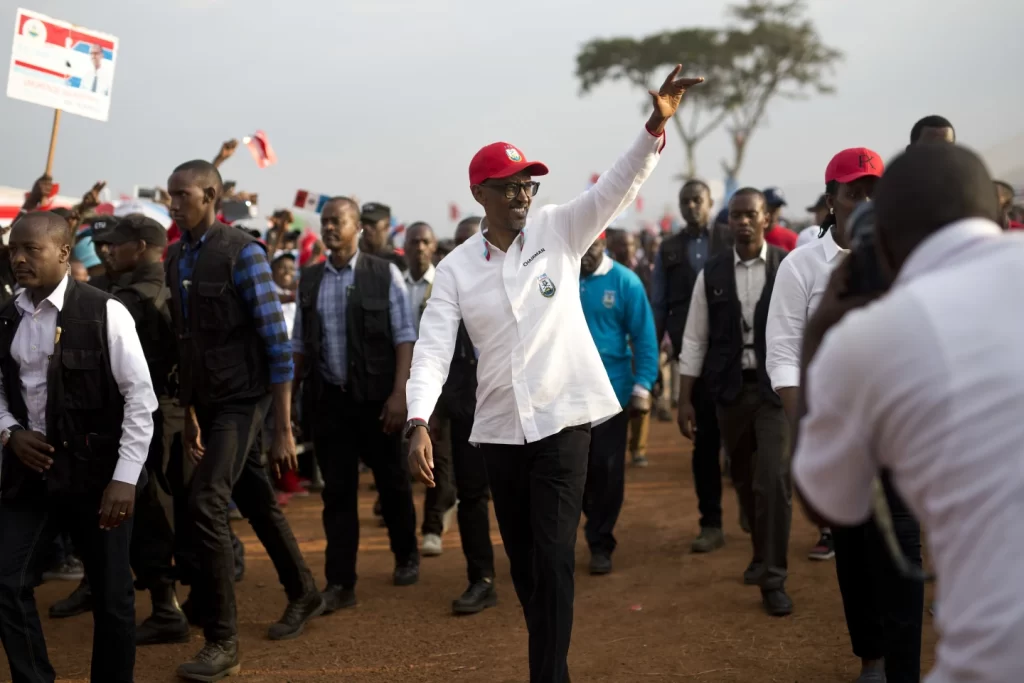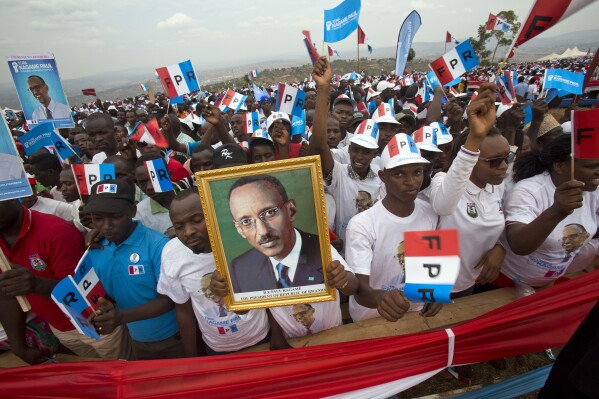Rwandans headed to the polls on Monday in a presidential and legislative election that is widely expected to extend the 30-year rule of President Paul Kagame. The election has drawn international attention, highlighting Rwanda’s political landscape and Kagame’s enduring influence.
Election authorities report 9.5 million registered voters out of a population of 14 million. Polling stations in the capital, Kigali, saw long lines with some voters arriving as early as 5 a.m., indicating high voter engagement. One first-time voter, Jean Claude Nkurunziza, expressed his support for Kagame, stating, “I am voting for President Kagame because I have never seen a leader like him before.”

Kagame faces minimal opposition from Frank Habineza of the Democratic Green Party of Rwanda and independent candidate Philippe Mpayimana. Both challengers struggled to gain traction during their campaigns. Given Kagame’s previous electoral performance – he won nearly 99% of the vote in 2017 – a similar result is anticipated this time.
The 66-year-old Kagame has been a dominant figure in Rwandan politics since 1994, when he led rebels to end the genocide. His rule has been marked by economic growth but also criticized for authoritarianism. A 2015 referendum lifted presidential term limits, potentially allowing Kagame to remain in power until 2034.

Kagame’s leadership continues to divide opinion, with some praising Rwanda’s development under his rule while others condemn his authoritarian tendencies. The president himself told reporters on Saturday that his mandate comes from the people.
The election process and its outcome will likely reignite debates about long-standing leadership in Africa and the balance between economic development and political freedoms. As provisional results are expected later on Monday, the international community will be closely watching this pivotal moment in Rwanda’s political journey.
This election serves as a significant indicator of Rwanda’s political trajectory and raises questions about the future of democracy in the region. The high voter turnout and Kagame’s expected victory underscore his enduring influence on Rwandan politics and society, while also prompting discussions about political diversity and opposition in the country.
Credit:africanews.com



